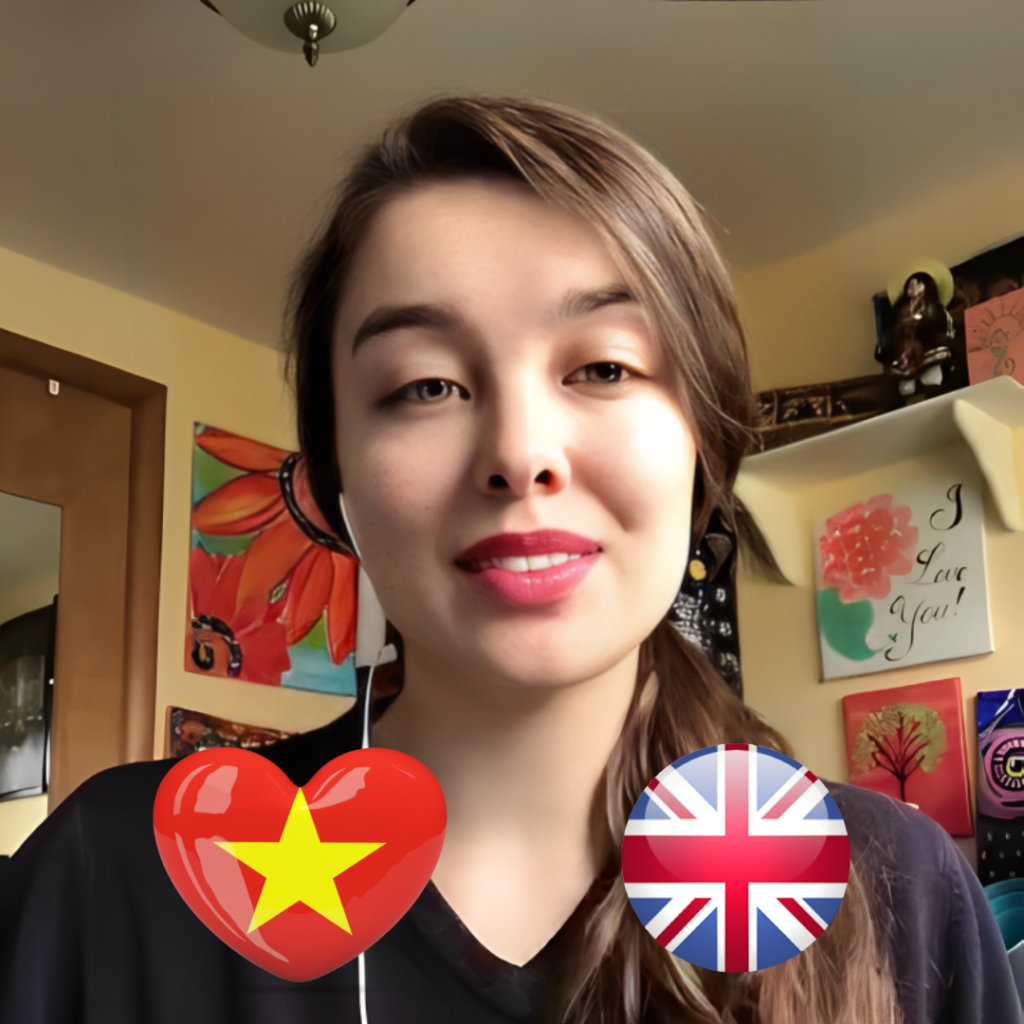Các bộ phận và cơ quan của cơ thể con người
"Human Body Parts and Organs"
The human body is a marvel of complexity and design, consisting of various parts and organs that work together to sustain life. Understanding these components is crucial for both medical professionals and anyone interested in their own well-being. In this article, we will explore some key body parts and organs and their functions.
1. The Brain:
- Discuss the brain's significance as the body's control center. What functions does it control, and how does it communicate with the rest of the body?
2. The Heart:
- Explore the role of the heart in pumping blood throughout the body. How does it maintain circulation and support other organs?
3. The Lungs:
- Describe the function of the lungs in oxygenating the blood and removing carbon dioxide. How do they expand and contract during breathing?
4. The Liver:
- Explain the liver's vital functions, including detoxification and metabolism. What makes the liver such a resilient organ?
5. The Kidneys:
- Discuss the kidneys' role in filtering waste products from the blood and regulating fluid balance. How do they maintain homeostasis?
6. The Skin:
- Explore the skin's role as the body's largest organ. How does it protect against infections, regulate temperature, and provide sensory information?
Understanding the human body and its intricate systems helps us appreciate the beauty of life and the importance of maintaining our health. Each organ and body part plays a unique role in sustaining our existence.

Cô Annanew
American English
American English
Did you understand the text?
Please answer the following questions of understanding:
Question 1:
What is the function of the brain in the human body?
a The brain controls body temperature
b The brain pumps blood to various organs
c The brain serves as the body's control center and manages various functions
d The brain produces digestive enzymes
Question 2:
What is the primary role of the heart in the circulatory system?
a The heart detoxifies the blood
b The heart regulates body temperature
c The heart pumps blood throughout the body to supply oxygen and nutrients
d The heart produces hormones
Question 3:
How do the lungs function in the respiratory system?
a The lungs store excess nutrients
b The lungs filter waste products from the blood
c The lungs expand and contract to oxygenate the blood and remove carbon dioxide during breathing
d The lungs regulate fluid balance
Question 4:
What are some vital functions of the liver in the human body?
a The liver regulates blood pressure
b The liver produces insulin
c The liver detoxifies chemicals and metabolizes nutrients
d The liver filters waste products from the blood
Question 5:
What is the role of the kidneys in maintaining bodily functions?
a The kidneys regulate body temperature
b The kidneys pump blood to various organs
c The kidneys filter waste products from the blood and help regulate fluid balance
d The kidneys produce digestive enzymes
Question 6:
What functions does the skin perform in the human body?
a The skin transports oxygen to the organs
b The skin produces insulin
c The skin protects against infections, regulates temperature, and provides sensory information
d The skin filters waste products from the blood
Please answer all questions about the text:
You have answered 0 of 5 questions.
You have answered 0 of 5 questions.


 Restart this test
Restart this test